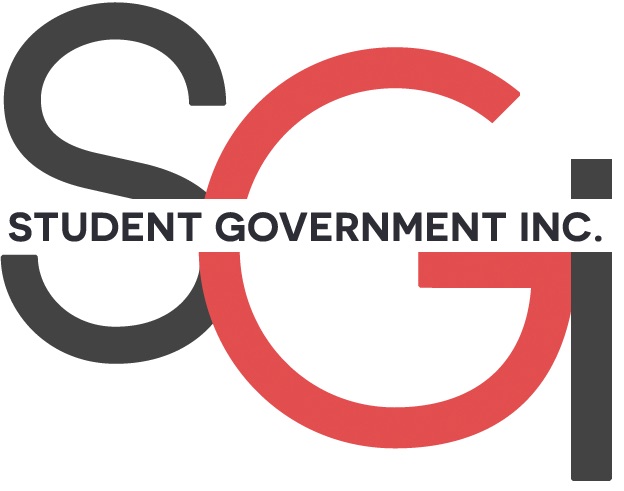Approximately 20 students, administrators and faculty gathered in the D’Angelo Center on Oct. 26 for a discussion centered on Burkina Faso and the challenges it faces. The event was organized as part of the University Library’s “West Africa in the Spotlight” series.
“I strongly believe it is a part of the St. John’s University mission to educate students on the state of poverty all over the world,” Valeda F. Dent, a professor and dean of St. John’s University Libraries, said.
Dent then introduced the guest speaker, Michael Kevane, a professor of economics at Santa Clara University, and opened up the discussion to the international lecture program.
Kevane shared his research on the “Growing Violence in Northern Burkina Faso,” alongside his work in “Reading Fiction and Economic Preferences of Rural Youth in Burkina Faso.”
Kevane is also the co-director and major advocate for the Friends of African Village Libraries, a non-profit focused on creating village libraries, which has established 32 libraries in Burkina Faso, three in Ghana and one in Uganda.
“There are many reasons to be optimistic right now, such as the steady rise in GDP, secondary school enrollment, and life expectancy rates,” Kevane said. “But despite this optimistic economic outlook, civil conflict has broken out all throughout the country, and this is mainly dependent on the sense of government legitimacy.”
With a population of 16 million, the small landlocked country is located in the middle of West Africa and has faced much political uprooting until the establishment of its legitimacy in 1984, Kevane explained. But due to the country’s political instability, it has also become a major avenue for terrorist groups to smuggle drugs and human traffic.
“It doesn’t surprise me very much that there is a lot of violence in that part of the world,” senior Veronika Zuikova said. “After all, where there is no money there is usually violence.”
“Most of this violence has been spilling over from Mali since their government dissolved in 2012, this power vacuum has resulted in the dissemination of terror and bloodshed,” Kevane said. “A lot of these groups are very organized. They have websites where they post what they did, what weapons they used, and how many people they’ve killed.”
Nevertheless, this specific terrorist violence is concentrated in the north of the country.
“Combined with the political unrest of the current regime, it’s all a part of one large theater of carrying out different operations of the different militaries,” Kevane said.
These groups are said to appeal to the younger generation, many of whom have no hope of going to school or creating careers, and thus succeed in spreading their influence and power throughout the vulnerable country.
As Kevane transitioned into his second part of the lecture, he confided that he feels there is still hope for the country.
“I think that literacy, education and reading generates that capacity for a broader understanding of the world and the ability to put yourself in other’s shoes,” he said. “It’s our mission to give people the necessary materials to challenge their ideology and make the right moral judgments.”
Following the lecture, food was provided to everyone who attended and students had the opportunity to ask the panelists questions and speak with them.







